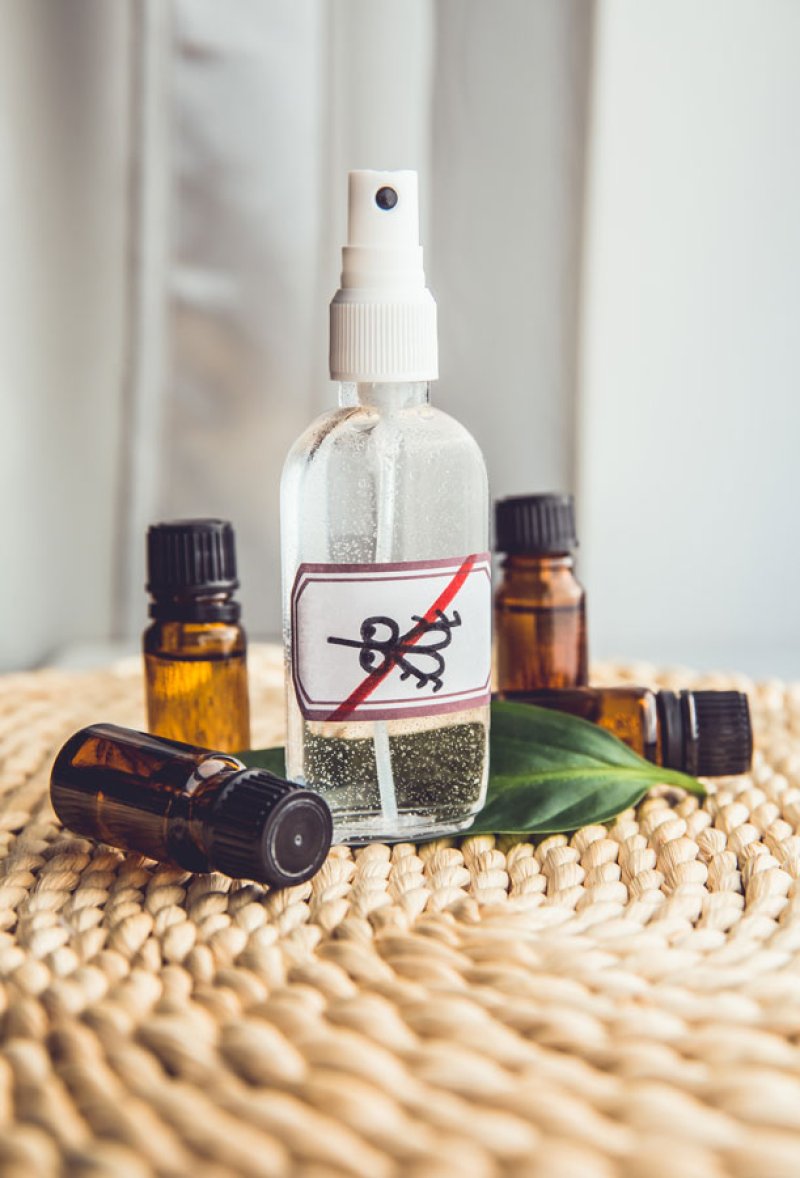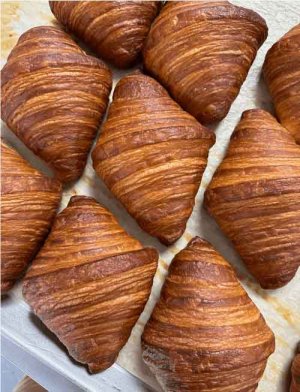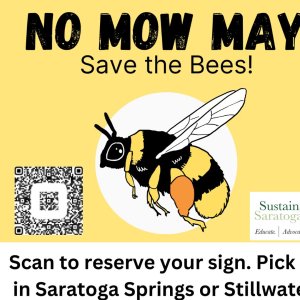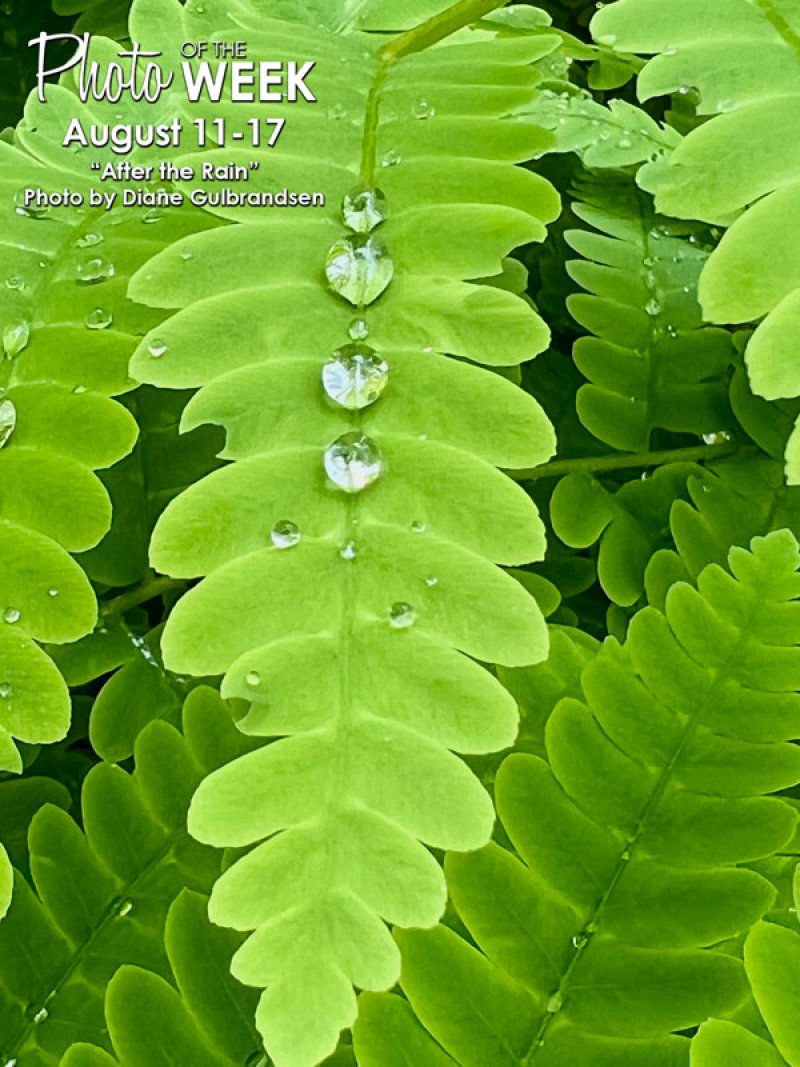How to Avoid Mosquitos Using a Natural DIY Repellent
With the change of seasons comes pesky ticks, mosquitoes and biting flies. Mosquitos can be quite the nuisance, producing itchy little bumps. However, on the rare occasion they have been known to be carriers of West Nile Virus (WNV). According to the New York State Department of Health, “Mosquitoes become infected (with WNV) when they feed on infected birds. The infected mosquitoes can then spread the virus to humans and other animals.” NYSDH also states that “In humans, WNV may cause a mild illness, but may also cause encephalitis (inflammation of the brain) or meningitis (inflammation of the lining of the brain and spinal cord).” While these instances are rare, it is important to reduce the threat of disease and find ways to protect yourself as well as avoid the unpleasant side effects associated with mosquito bites.
Why Are Mosquitoes and Biting Insects Attracted to Us?
It has been said that mosquitoes will travel upwards of one to two miles in search of a meal (your blood) and they are mostly attracted to carbon dioxide emitted by humans and animals. The more carbon dioxide you emit, the greater the attraction.
Genetics are also said to play a role in how humans attract mosquitos. Individuals with higher concentrations of natural steroids and cholesterol on their skin, those who produce higher amounts of acids (uric) may be more likely to attract mosquitoes.
On the upside there are some tactics to reduce the likelihood of getting bitten. There’s also a simple and effective recipe to ward off these pesky critters.
Tips to Avoid Mosquito Bites
• Avoid wearing sweet smells, perfumes and colognes (especially those with nonanaldehyde-this will increase your chances of getting a bite by 50%)
• Avoid wearing black, cyan, red and orange. A recent study conducted by the University of Washington, found that black attracts mosquitoes the most, while colors like green, purple, blue and white may actually deter different species of mosquitoes.
• Avoid drinking alcohol, eating bananas and sweets, as these items sweeten up your blood and make you very attractive to these little vamps.
• Wear long sleeve tops and full coverage on legs, when outside during mosquito season. Be careful not to wear loose clothing, when going outside, as loose clothes can trap insects, especially an issue for ticks.
• In addition to covering oneself, there are other options like bug repellants to help prevent bites, however avoid DEET where possible due to the potential toxicity and hazards linked to effects on the central nervous system.
Why to Avoid DEET Where Possible
DEET (also named N,N-diethyl-meta-toluamide) is one of the key ingredients found in common on-the-shelf bug repellant products. DEET is an organic solvent used in plastic and rubber cements and paint removers. The Medical Sciences Bulletin, published by Pharmaceutical Information Associates Ltd. reported, “Up to 56% of DEET applied topically penetrates intact human skin and 17% is absorbed into the bloodstream.” DEET is absorbed by the skin and gut and the most serious concerns about DEET are its effects on the central nervous system.
A Duke University study revealed that combined exposure to DEET and an ingredient called permethrin, a mosquito spray ingredient, can lead to motor deficits, as well as learning and memory dysfunction. Another 2009 study indicated that DEET is not only a behavior modifying chemical, but that it also inhibits cholinesterase activity, one of many important enzymes needed for the proper functioning of the nervous systems in humans, animals and insects, putting it in a class with other hazardous pesticides that have been shown to do the same.
Natural Repellents As An Alternative
Natural bug repellent has a long use throughout history. Some people swear by folk methods such as ingesting large amounts of garlic, however there is little evidence as to whether or not garlic is effective for everyone. Other proactive treatments include taking Vitamin B at least a month before mosquito season, but the jury is still out on this too. While it doesn’t hurt to try these, it is suggested to wear a bug repellant, and below is an easy recipe to get you started.
Essential Oils Used to Repel Biting Insects
First off let’s explore some plant based ingredients and essential oils that are used in natural bug repellents to ward off mosquitoes and biting insects. All of these essential oils can be purchased at www.saratogabotanicals.com: lemon eucalyptus, citronella, peppermint, lemongrass, geranium (also effective for ticks), pine, cedar, thyme, clove, patchouli, wintergreen, and tea tree (also effective for ticks).
The most effective essential oils for repelling mosquitoes include citronella, thyme oil, geranium, peppermint oil, cedar oil, patchouli and clove, which have been found to repel malaria, filarial and yellow fever vectors (in countries with these known risks) for periods of 60-180 minutes. The most effective for ticks are tea tree and geranium.
DIY Natural Bug Repellent Spray
When following this recipe it’s important not to make any essential oil substitutions without fully researching the individual oil and possible contraindications. Also safety first: Gloves, goggles, and protect your surfaces. Essential oils are strong and must always be diluted for use on the skin. The following essential oils were chosen because they are considered generally safe and non-toxic for use on people, with some exceptions. Recipes that will be used on children over the age of three should contain no more than 1% essential oils. Avoid use on children under the age of three years old. This recipe contains approximately 2%. If you intend to use this on children, only use half of the amounts indicated for each essential oil. Avoid use if pregnant or breastfeeding and always consult your doctor should you have a chronic medical condition or concerns regarding essential oil use.
Ingredients:
• 4 oz of carrier oil (jojoba, sunflower, olive oil, neem etc)
• 15 drops of citronella oil
• 15 drops lemongrass essential oil
• 10 drops lemon eucalyptus essential oil
• 5 drops thyme essential oil
• 3 drops peppermint essential oil
Instructions:
Pour carrier oils into desired container. Add essential oil drops. Shake well to incorporate ingredients and also before each and every use. Label your product and keep it out of reach of children.
And voila! You’ve got a natural solution to ward off those pesky biters just in time for the spring and summer months!






























 How to resolve AdBlock issue?
How to resolve AdBlock issue? 









